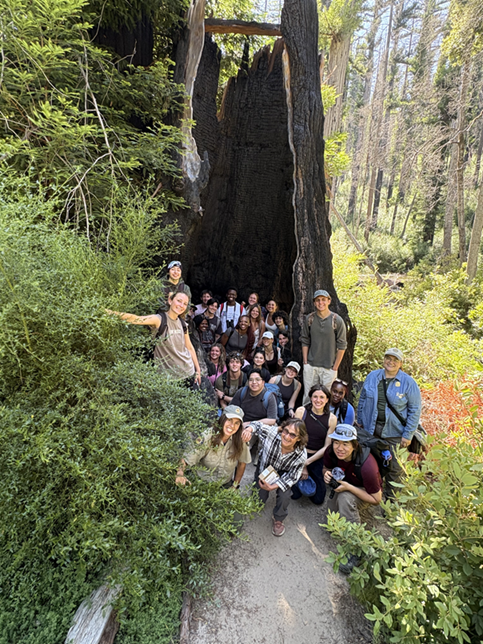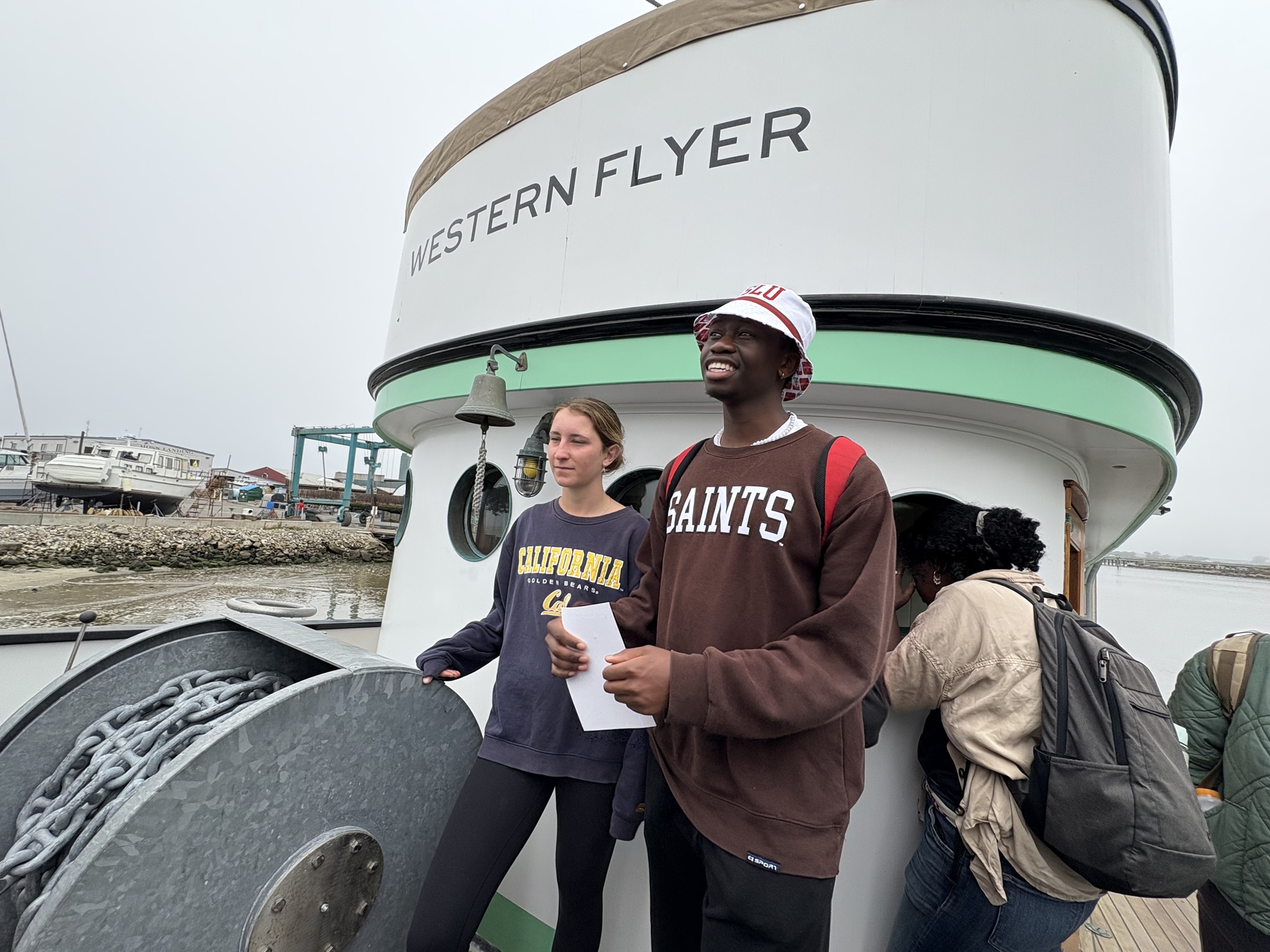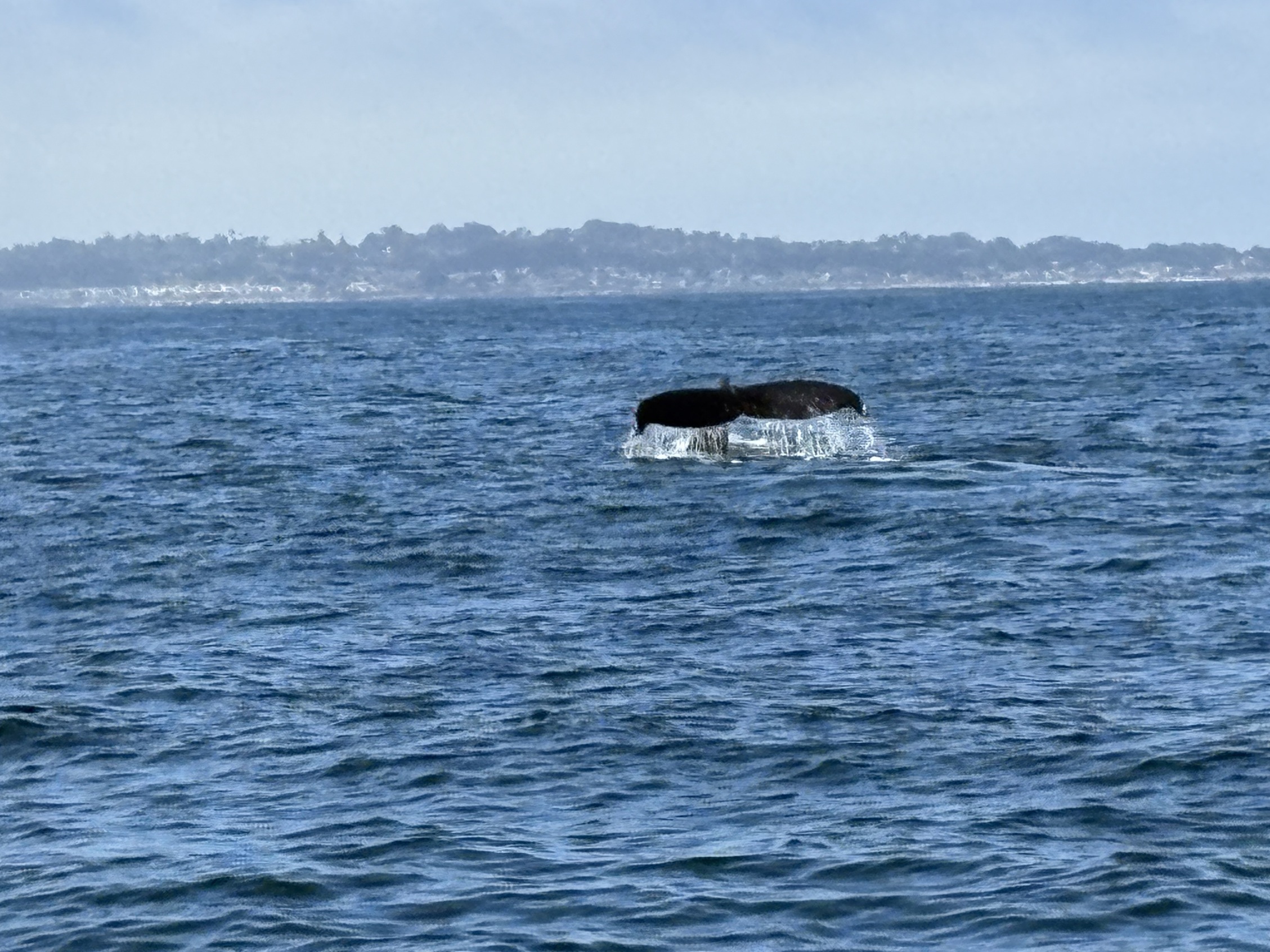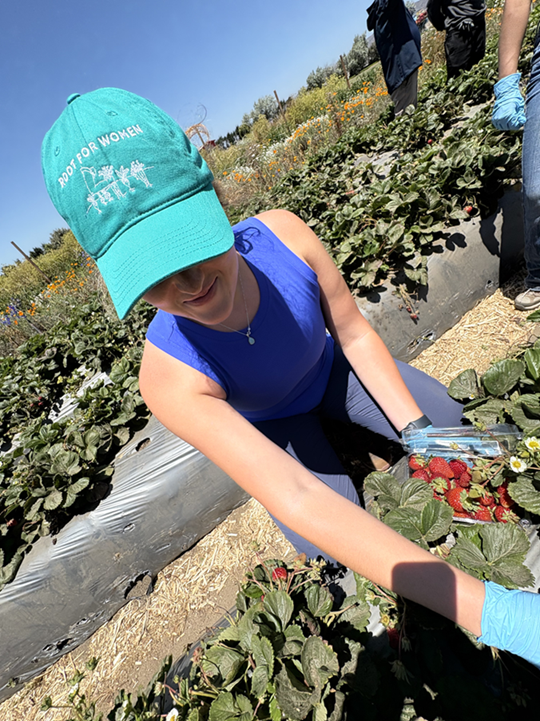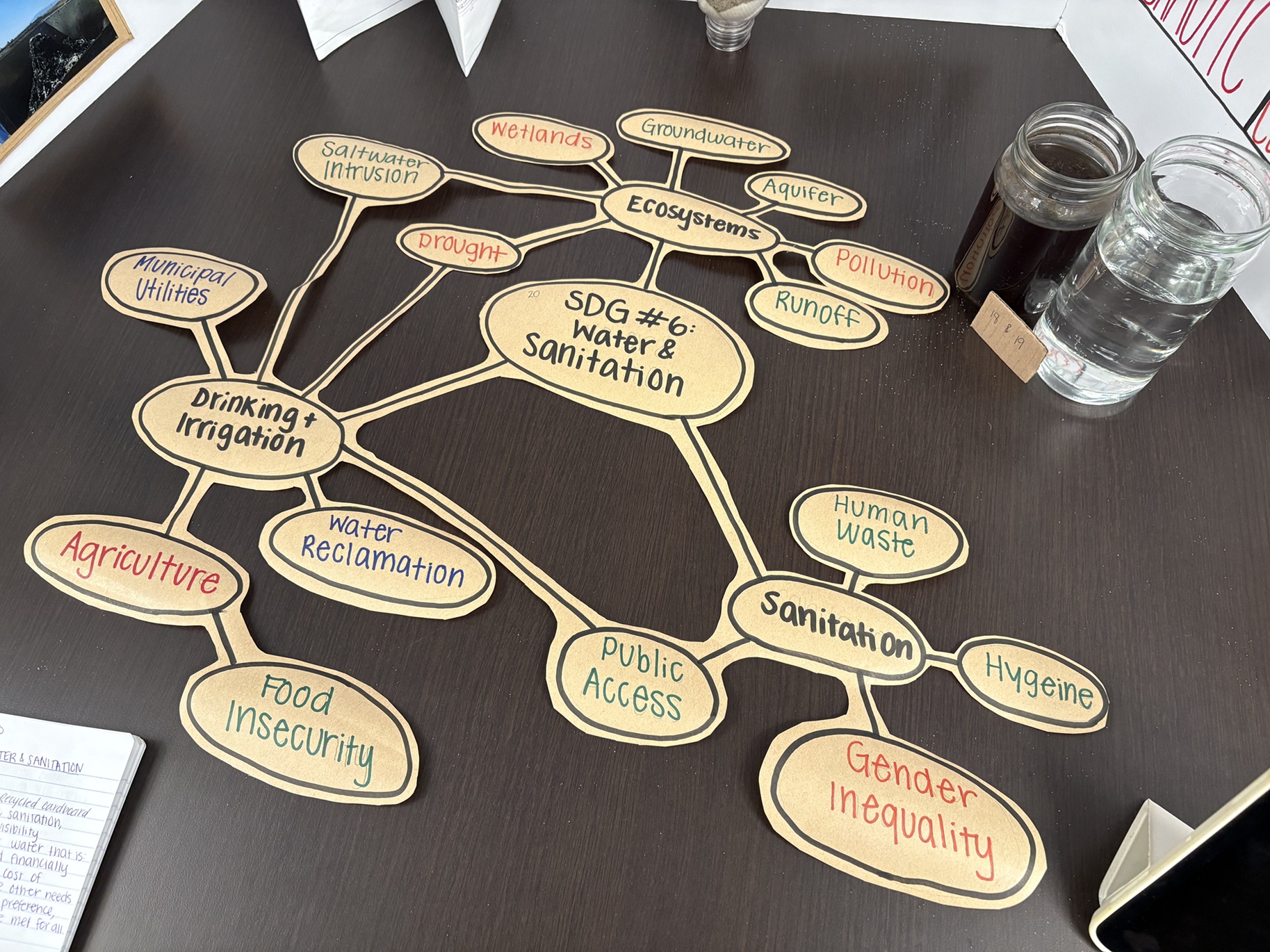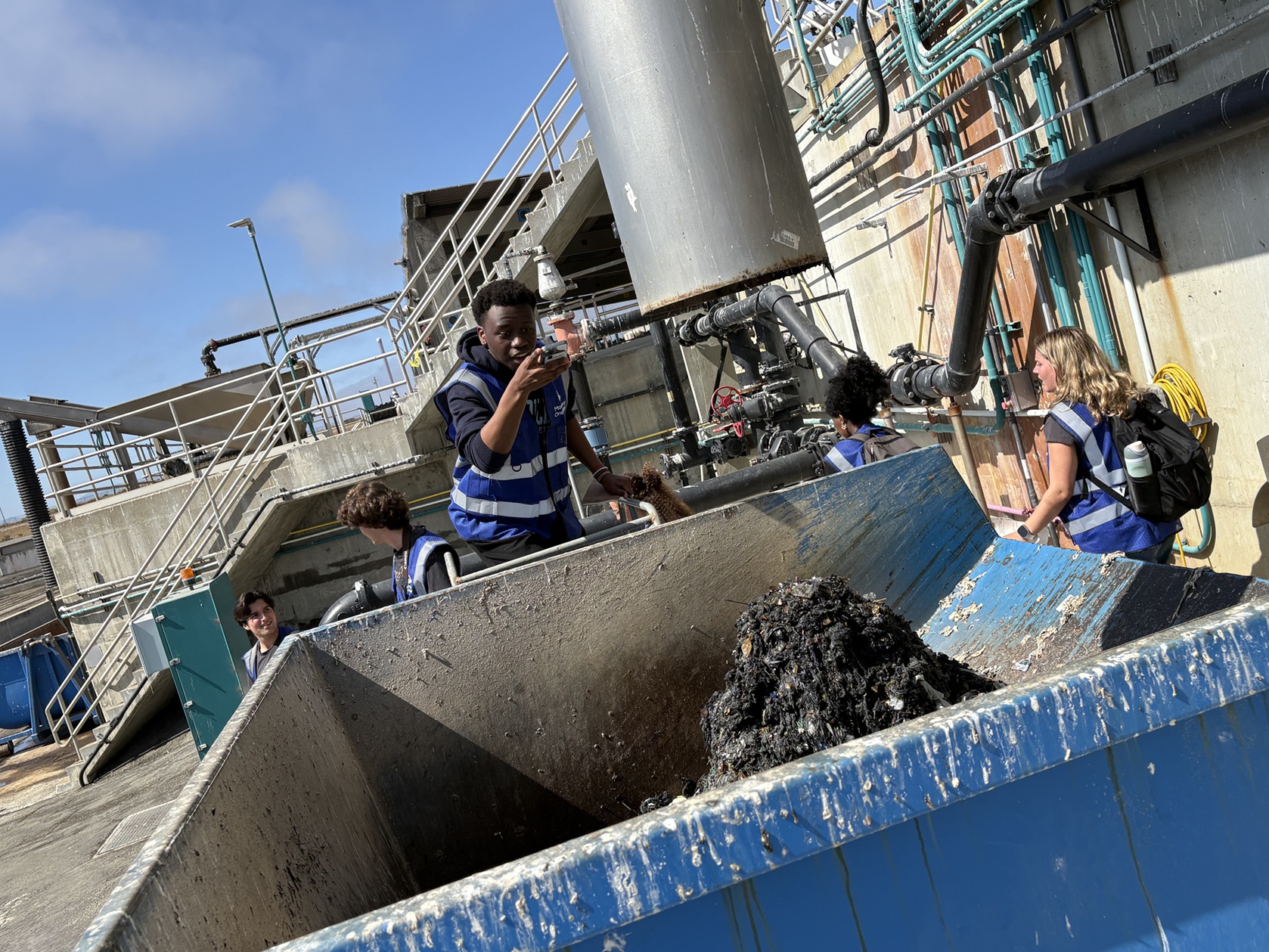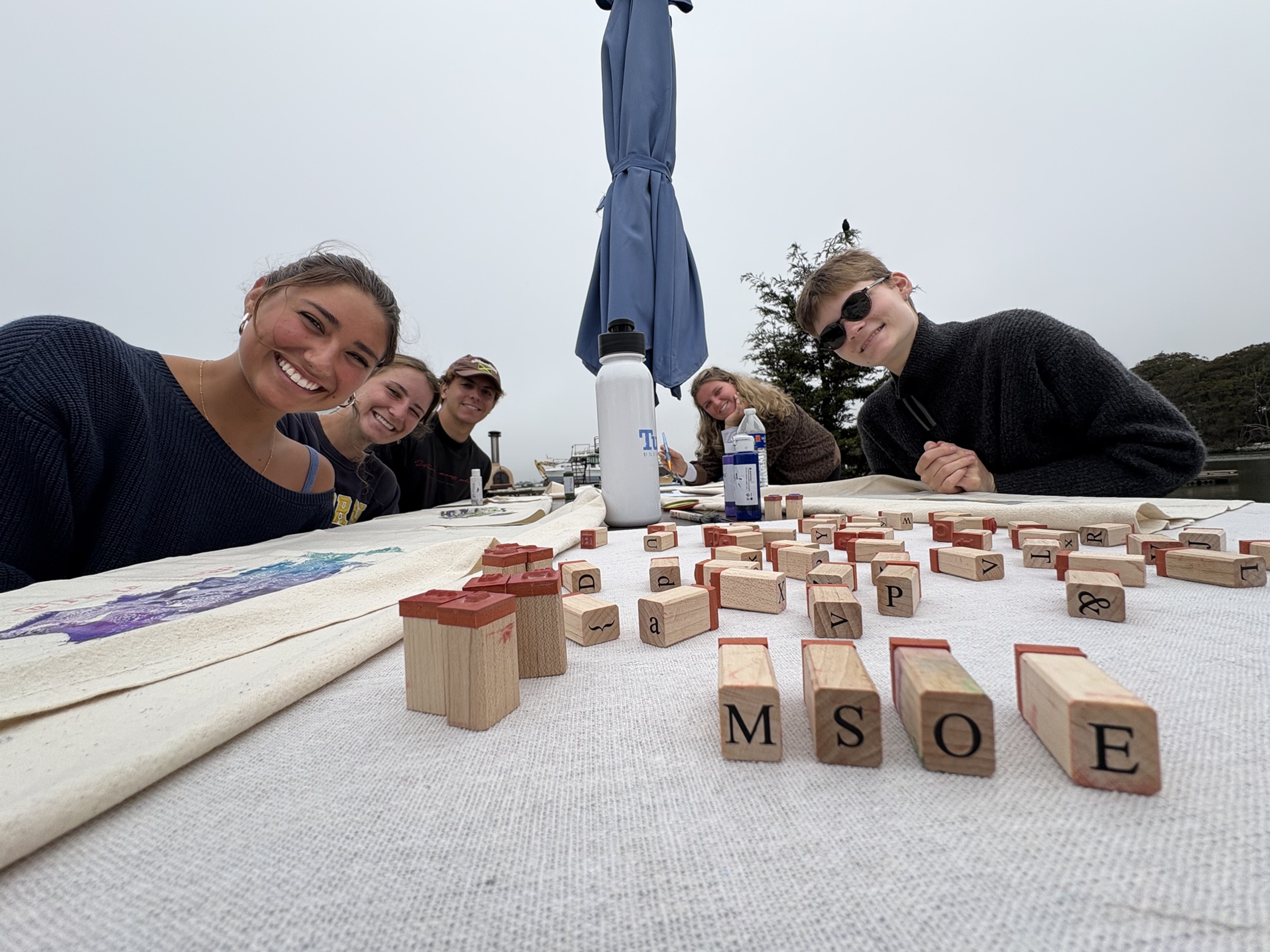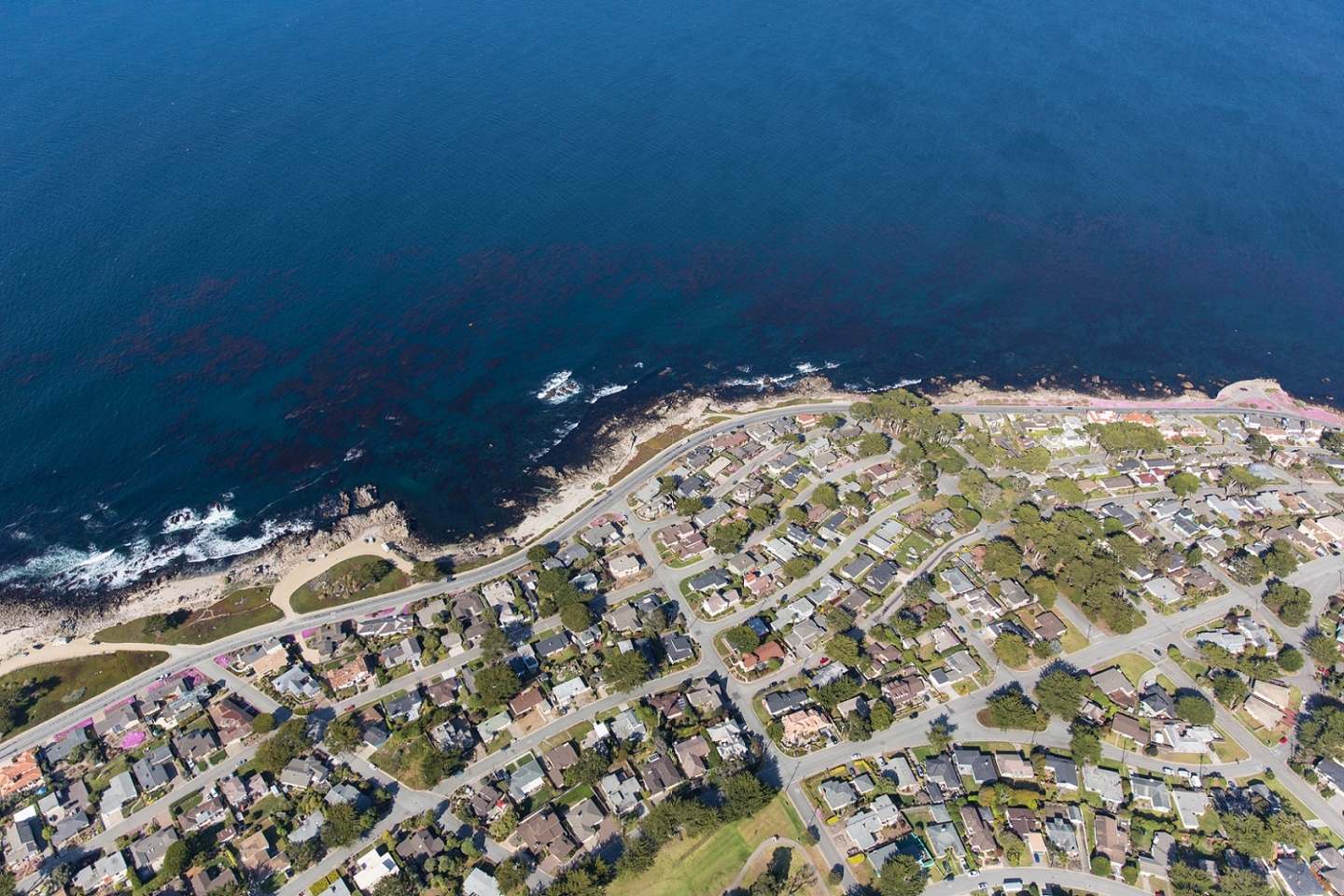
Middlebury School of the Environment
“I’ve always cared about the environment, and now I’m ready to do something about it.” This summer, build your capacities for problem solving and leadership in Monterey with the Middlebury School of the Environment.
The Middlebury School of the Environment offers a six-week place-based curriculum on the campus of the Middlebury Institute of International Studies in Monterey, California. The program integrates experiential and problem-based learning with environmental leadership development. We emphasize transdisciplinary learning that spans the natural, physical and social sciences, arts and media, and policy studies.
Students take three courses, with undergraduate credit granted from Middlebury College.
"Training Students to be Leaders in the Environmental Movement"
My name is Joan Grossman and I teach Environmental Analysis and Environmental Media. I think the program is really demanding. I think it requires a lot of stamina. It requires a lot of commitment to work. But I think it produces a lot of good work and work that students can be proud of, and I think that is ultimately very satisfying and I think it’s how you grow. That kind of empowerment is what you need to be a leader. You need to have that confidence that you have the stamina, that you have the vision to complete what you started and to move it forward and to get to the next level.
I’m Curt Gervich, co-director of the Middlebury School of the Environment, and I teach our classes in Wicked Problems in Environmental Policy and Game Design for Environmental Progress. We hope that we’re training students to be leaders in the environmental movement in lots of different ways. It includes things like communications and media and problem solving, policy development, systems thinking, recognizing structures that create inequality and working to abolish those structures within the framework of advancing sustainability and resilience.
I think there’s a lot of negativity, as we all know, about what kinds of challenges there are for the environment and I think stewardship requires having a vision. What is the positive outcome we want and how do we get there?
It’s made me rethink the way that I look at cities and I think it’s just pretty really cool that in the six weeks that we’ve been here that kind of class has completely changed how I even look at and walk around in cities.
So over the six weeks in the Middlebury School of the Environment we bring in many, many guest speakers and take many, many excursions to different field sites around the central coast of California.
Most of the excursions that we did, for example like going to ALBA and the United Farm Workers, we got to relate it back to not just the environment and the land but the people who make the change and we get to decide what to do with it.
We went to go see an abalone aquaculture farm in one of our classes and I’ve never had an opportunity quite like that one or any of the trips that we have been on here.
It’s a really great community. It’s super cool. I think most college students don’t really get the setting of being able to just live with people who are interested in the exact same thing as they are and taking the exact same classes, wake up in the morning and walk into the kitchen and there are your classmates. You’re gonna walk to class together, you’re gonna take the same classes, you’re gonna talk about what you’re doing in those classes and it’s really unique here. It really does feel like a really close community both academically and socially. Going out to dinner and going to the beach; it all just kind of meshes really well.
Monterey is a microcosm of the world’s environmental challenges and an exemplar of sustainability planning. For six weeks Monterey will be our laboratory for exploring the world’s most pressing needs. For example:
- Climate resilience
- Food Justice
- Restoration of marine ecosystems
- Urban sustainability
- Political and social commitment to change
Monterey exists at two poles. On one hand, it is among the wealthiest communities in the United States. It’s progressive environmental ethic is visible through plentiful organic foods and farms, easy access to nature and wilderness, renewable energy development, electric car charging stations, outstanding outdoor recreation opportunities, a multitude of environmental organizations and other common symbols of environmental progress.
On the other hand, as the breadbasket of America, environmental impacts from farming are severe. Water is in short supply and drought conditions persist. Working conditions for farm laborers are substandard. Inequality also runs high, as pockets of wealth and poverty exist side-by-side. Monterey Bay’s marine ecosystem is world class, but the pacific garbage patch swirls just a few miles off the coast. And every summer wildfires burn in the mountains.
At the Middlebury School of the Environment, we welcome complexity. We see two sides of Monterey, California: one bucolic and sustainable, the other challenged by wicked problems.
The dichotomy visible in Monterey highlights the principle challenge that we face as environmental leaders. That is, weaving multiple realities into one, united around our common planet. Join us this summer to develop your skill set for meeting this goal.












